Top 7 Essential Oils for Pruritus: Natural Relief for Itchy Skin
Imagine the incessant urge to scratch that just won’t go away—a nagging itch that disrupts your daily life and robs you of peace. For those who suffer from pruritus, or chronic itching, this is an all-too-familiar reality. Whether it’s due to dry skin, allergic reactions, or underlying health issues, the constant discomfort can feel unbearable. But what if nature could offer a solution?
Essential oils, with their potent anti-inflammatory, soothing, and antimicrobial properties, present a natural and effective remedy for itchy skin. These concentrated plant extracts have been used for centuries to treat a variety of skin conditions, offering relief that’s both holistic and powerful. In this article, we’ll explore the top essential oils for pruritus and how they work to relieve itching, reduce inflammation, and promote healing—all backed by science. Say goodbye to the itch-scratch cycle and discover a more soothing approach to skincare.
Key Takeaways: Harnessing the Power of Essential Oils for Itchy Skin Relief
- Pruritus, or itching, can significantly affect quality of life and may stem from various physical and mental health issues, making it important to identify its root causes for effective treatment.
- Essential oils like tea tree, peppermint, lavender, and chamomile are powerful natural remedies for itchy skin, offering both anti-inflammatory and soothing benefits when used correctly.
- Incorporating essential oils into DIY anti-itch remedies, ensuring proper dilution with carrier oils, and following safety guidelines can provide effective relief from chronic pruritus.
- Essential oils not only soothe itching but also target the underlying causes of pruritus, such as inflammation, dryness, or bacterial infections, offering long-term relief and skin health benefits.
Understanding Pruritus
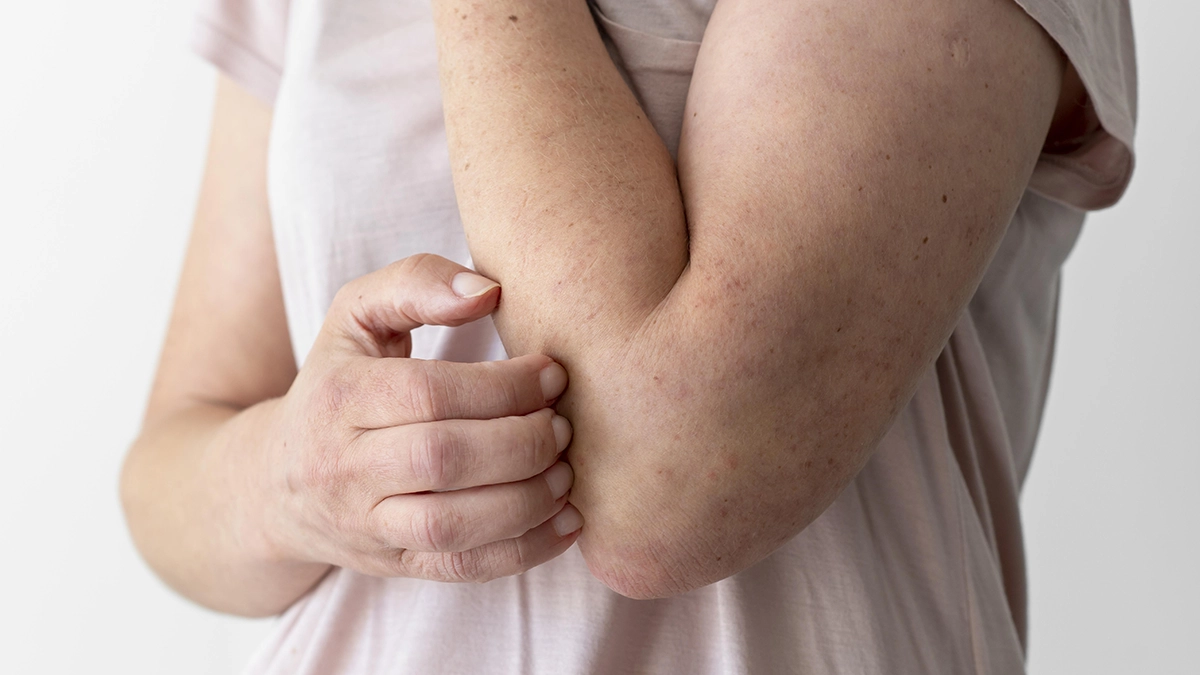
Pruritus, commonly known as itching, is a sensation that drives the urge to scratch. It can result from various conditions, including:
- dry skin
- eczema
- psoriasis
- dermatitis
This itchiness often goes beyond minor annoyance and can severely impact quality of life. Imagine having to deal with persistent, unrelenting itching that interrupts your daily activities and even your sleep.
Allergic reactions are a frequent cause of pruritus. Responses to irritants such as chemicals, fabrics, or environmental allergens can trigger itching. This type of skin irritation is often accompanied by redness and inflamed skin, making the affected area even more uncomfortable. Additionally, systemic conditions like liver disease or kidney issues can manifest as pruritus, adding another layer of complexity to this condition.
Mental health issues such as anxiety and depression can also contribute to itching. This connection between the mind and skin underscores the importance of comprehensive treatment approaches that address both physical and psychological aspects. Understanding the root cause of your itchiness is crucial for finding the most effective treatment and achieving lasting relief.
Benefits of Essential Oils for Itchy Skin
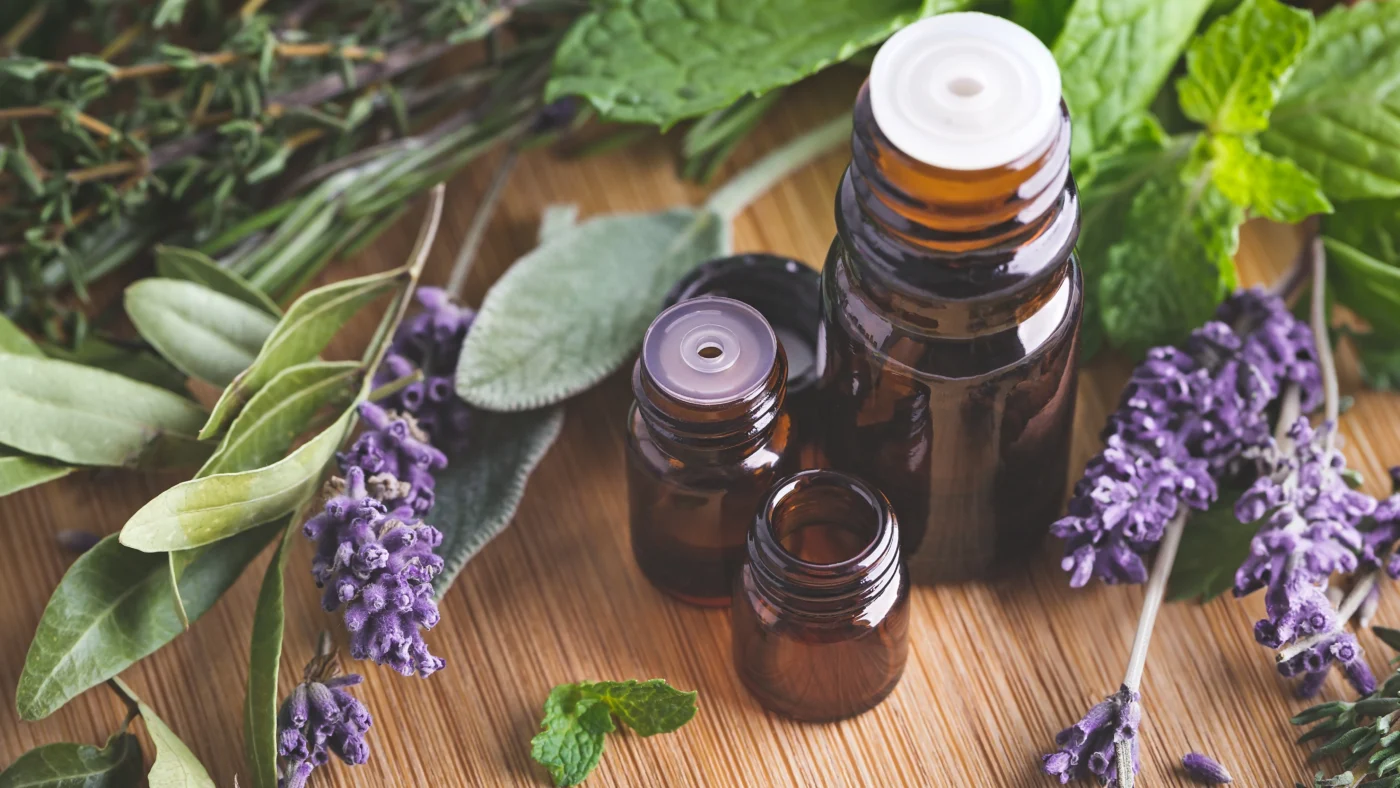
Essential oils offer a natural and effective solution for itchy skin, thanks to their potent anti-inflammatory and antihistamine properties. These properties help reduce the inflammation that often accompanies skin irritation, providing much-needed relief. Essential oils like chamomile, lavender, and frankincense are particularly effective, as they work by calming the skin and reducing the itch-scratch cycle.
Incorporating essential oils into your skincare routine can provide significant relief from chronic pruritus and other skin conditions. Whether you have sensitive skin or suffer from conditions like eczema, essential oils can soothe itchy skin and promote healing. The natural compounds in these oils work synergistically to alleviate irritation and discomfort, making them a valuable addition to any skincare regimen.
Moreover, essential oils offer a holistic approach to skincare. They not only treat the symptoms of itchy skin but also promote overall skin health. Essential oils reduce inflammation and provide a calming effect, which helps stop itching and allows your skin to heal and rejuvenate. This dual action makes them an excellent choice for those seeking natural remedies for skin irritation.
Top 7 Essential Oils for Pruritus: Natural Relief for Itchy Skin
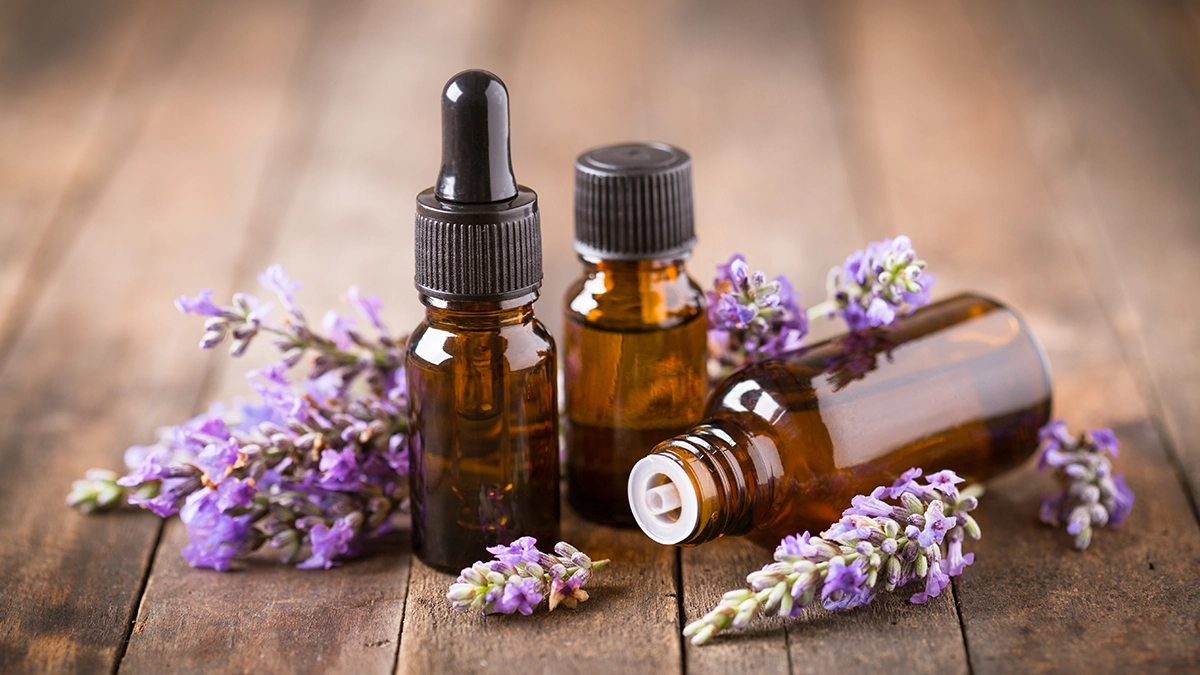
When it comes to relieving itchy skin, not all essential oils are created equal. Some stand out due to their unique properties and effectiveness in treating various skin conditions. Here, we’ll explore the top seven essential oils for pruritus, each offering a natural remedy for your skin woes.
These essential oils are not only effective in soothing itchy skin but also provide additional benefits such as antimicrobial and anti-inflammatory properties. From tea tree oil’s powerful antihistamine effects to the cooling sensation of peppermint oil, each oil has its unique advantages. We will delve into each oil in the subsections below, providing detailed information on their benefits and how to use them.
Tea Tree Essential Oil
Tea tree essential oil is renowned for its antihistamine and antimicrobial properties, making it a powerful ally against pruritus. Whether your itchy skin is due to allergic reactions or insect bites, tea tree oil can help soothe and calm the irritation. Its effectiveness in treating various skin conditions has made it a staple in herbal medicine.
When using tea tree oil, it’s crucial to dilute it with a carrier oil like coconut oil or jojoba oil to prevent further skin irritation. Applying the diluted mixture to the affected area can provide immediate relief and promote healing.
This essential oil is a must-have in your skincare arsenal for its multifaceted benefits.
Peppermint Essential Oil
Peppermint essential oil is another fantastic option for relieving itchy skin. Its natural cooling and antihistamine properties provide immediate relief from the itchiness caused by allergic reactions. The menthol in peppermint oil creates a cooling sensation that soothes irritated skin and reduces discomfort.
To use peppermint oil, mix a few drops with a carrier oil such as coconut or sweet almond oil. This blend can be applied directly to the skin to alleviate itching and provide a refreshing, cooling effect.
Peppermint oil’s dual action as a natural antihistamine and cooling agent makes it an excellent choice for combating itchiness.
Lavender Essential Oil
Lavender essential oil is well-known for its anti-inflammatory and soothing properties, making it ideal for reducing skin irritation and calming itchiness. It helps to alleviate swelling and discomfort, providing much-needed relief for those suffering from pruritus.
To harness the benefits of lavender essential oil, dilute it with a carrier oil and apply it to the affected area. This oil not only soothes the skin but also promotes a sense of relaxation, making it a perfect addition to your bedtime routine.
Lavender essential oil is a versatile and effective remedy for itchy skin.
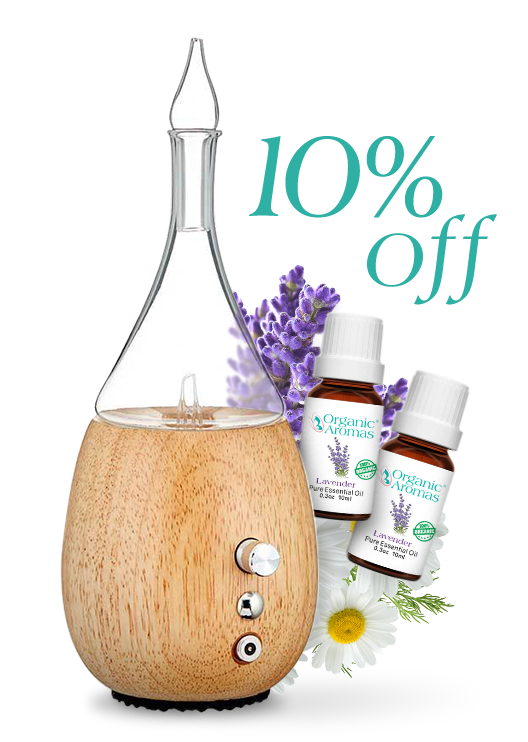
Join Now and Get a Coupon for 10% Off!
Chamomile Essential Oil
Chamomile essential oil is celebrated for its strong anti-inflammatory properties, which can significantly reduce swelling and irritation associated with itching. This makes it particularly effective for conditions like eczema and dermatitis, where inflammation plays a major role.
To use chamomile oil, mix it with a carrier oil and apply it to the itchy skin. Its calming effect can provide immediate relief and help reduce the urge to scratch. Chamomile oil is a gentle yet powerful remedy for soothing irritated skin and promoting healing.
Geranium Essential Oil
Geranium essential oil is known for its antimicrobial and anti-inflammatory properties, making it effective in reducing itchiness caused by bacterial infections. It helps to combat bacteria that can exacerbate skin irritation and provides a soothing effect to the skin.
To use geranium oil, dilute it with a carrier oil and apply it to the affected area. This essential oil not only reduces itching but also supports overall skin health by preventing infections. Geranium oil is a valuable addition to any anti-itch regimen.
Eucalyptus Essential Oil
Eucalyptus essential oil is highly effective against itchiness stemming from fungal and bacterial infections due to its antiseptic properties. It provides relief from irritation and helps to prevent the spread of infections that can cause further itching.
To use eucalyptus oil, dilute it with a carrier oil and apply it to the itchy area. Its refreshing scent and powerful antiseptic properties make it a great choice for treating pruritus caused by infections. Eucalyptus oil is a robust remedy for maintaining healthy, itch-free skin.
Frankincense Essential Oil
Frankincense essential oil is beneficial for promoting skin cell regeneration and maintaining moisture in dry, flaky skin. It helps to repair the skin barrier and soothe irritation, making it an effective treatment for pruritus caused by dry skin.
To use frankincense oil, mix it with a carrier oil and apply it to the affected area. This essential oil not only alleviates itching but also improves skin texture and hydration. Frankincense oil is a luxurious and effective solution for dry, itchy skin.
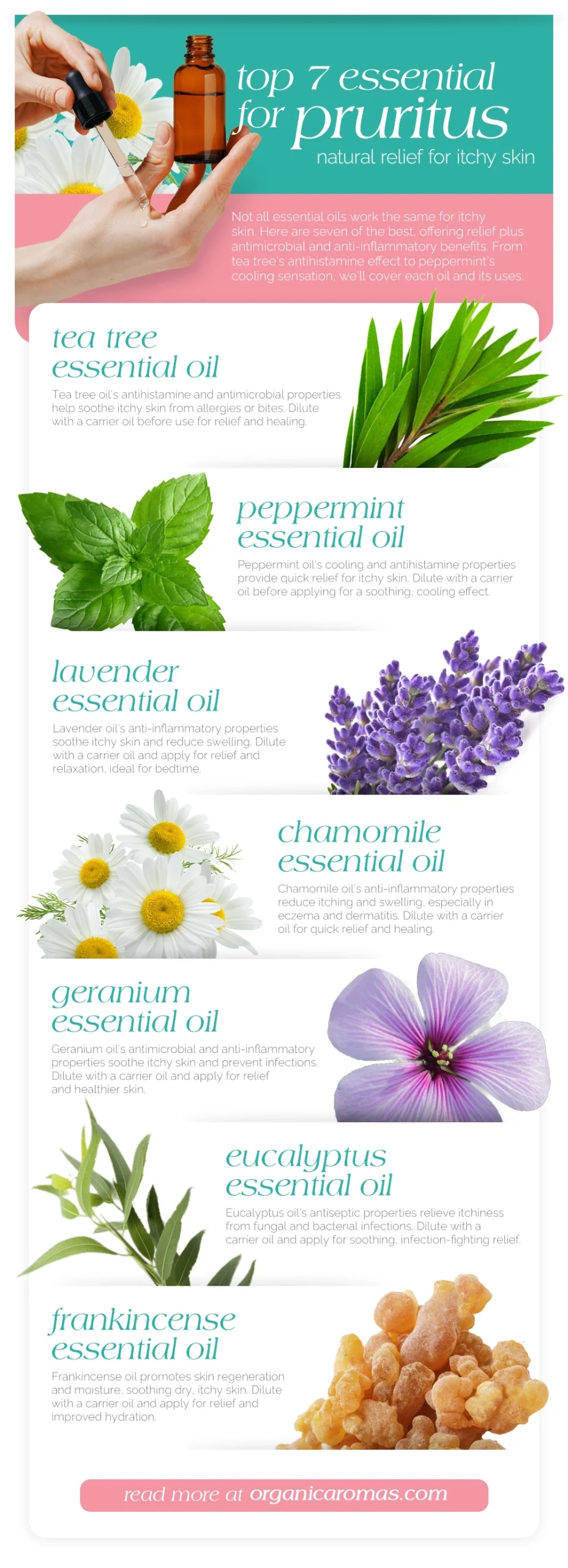
Scientific Evidence: Essential Oils for Relieving Pruritus
Several studies have highlighted the efficacy of essential oils in reducing pruritus (itching) due to various skin conditions. Below are some key findings that demonstrate the potential of these oils in alleviating itchiness and inflammation:
Peppermint Oil: A Cooling Solution for Itching
Peppermint oil has been shown to significantly reduce chronic pruritus. In a clinical study, participants who applied peppermint oil experienced a marked improvement in itching severity compared to those who used a placebo. After just two weeks, those treated with peppermint oil reported noticeable relief (Clinical, Cosmetic and Investigational Dermatology, 2016).
Additionally, a separate study focusing on pregnant women suffering from pruritus gravidarum (itching during pregnancy) found that peppermint oil significantly reduced the severity of itching when compared to a placebo group1.
Chamomile Oil: Soothing Inflammation and Allergies
German chamomile essential oil has been studied for its antipruritic effects, showing significant potential in reducing itching caused by allergic reactions and inflammation. In animal models, chamomile oil proved effective in alleviating skin irritation, making it a powerful remedy for conditions like eczema and dermatitis[efn_]Kobayashi, Y., Takahashi, R., & Ogino, F. (2005). Antipruritic effect of the single oral administration of German chamomile flower extract and its combined effect with antiallergic agents in ddY mice.. Journal of ethnopharmacology, 101 1-3, 308-12[/efn_note].
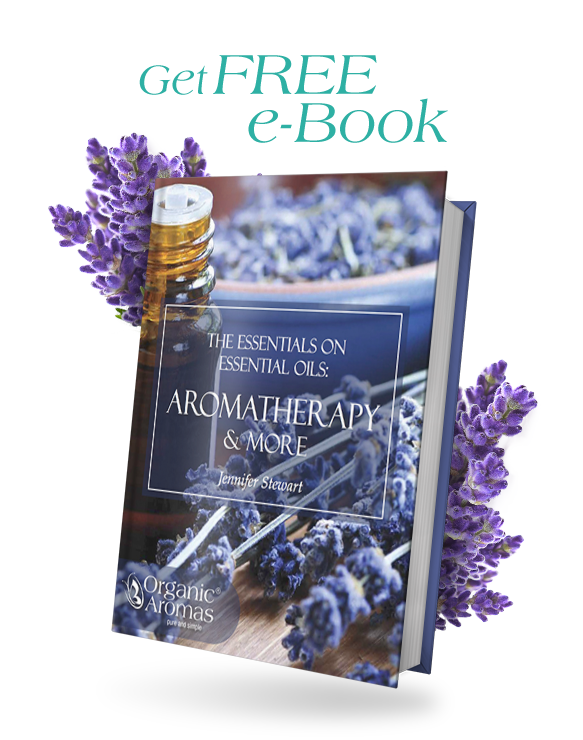
Sign Up to Get Your FREE
e-Book Here…
Lavender Oil: Managing Stress-Induced Itching
Lavender oil not only has anti-inflammatory properties but also helps reduce stress-related itching. In a study involving elderly women, aromatherapy massages using lavender and chamomile essential oils significantly reduced both pruritus and stress levels, illustrating the oil’s dual benefits for mind and skin2.
Tea Tree Oil: Antimicrobial and Antipruritic Powerhouse
Tea tree oil is well-known for its antimicrobial and antifungal properties, making it an excellent treatment for pruritus caused by infections like fungal or bacterial skin conditions. The oil’s active compound, terpinen-4-ol, is particularly effective in reducing bacteria and fungi that exacerbate itching. Studies confirm that tea tree oil can significantly alleviate itchiness while preventing infections in conditions such as eczema and dermatitis (Hammer et al., 2006).
Carrier Oils for Diluting Essential Oils
Carrier oils are essential when using essential oils, as they help dilute the concentrated plant extracts to prevent skin irritation. Applying undiluted essential oils can cause adverse effects, especially on sensitive skin areas like the face. Popular carrier oils include coconut oil, jojoba oil, and sweet almond oil, each offering unique benefits for the skin.
Fractionated coconut oil is a preferred carrier oil due to its excellent absorption and long shelf life without additives. It is particularly beneficial for those with dry skin, as it provides hydration and has antibacterial properties.
Sweet almond oil, on the other hand, is suitable for all skin types and helps to soothe skin and nourish sensitive skin while reducing inflammation.
Jojoba oil closely resembles human sebum, making it effective for balancing moisture and hydrating the skin. It is an ideal choice for essential oil blends targeting pruritus.
These carrier oils allow for the safe and effective application of essential oils, ensuring maximum benefits without irritation.
DIY Anti-Itch Remedies Using Essential Oils
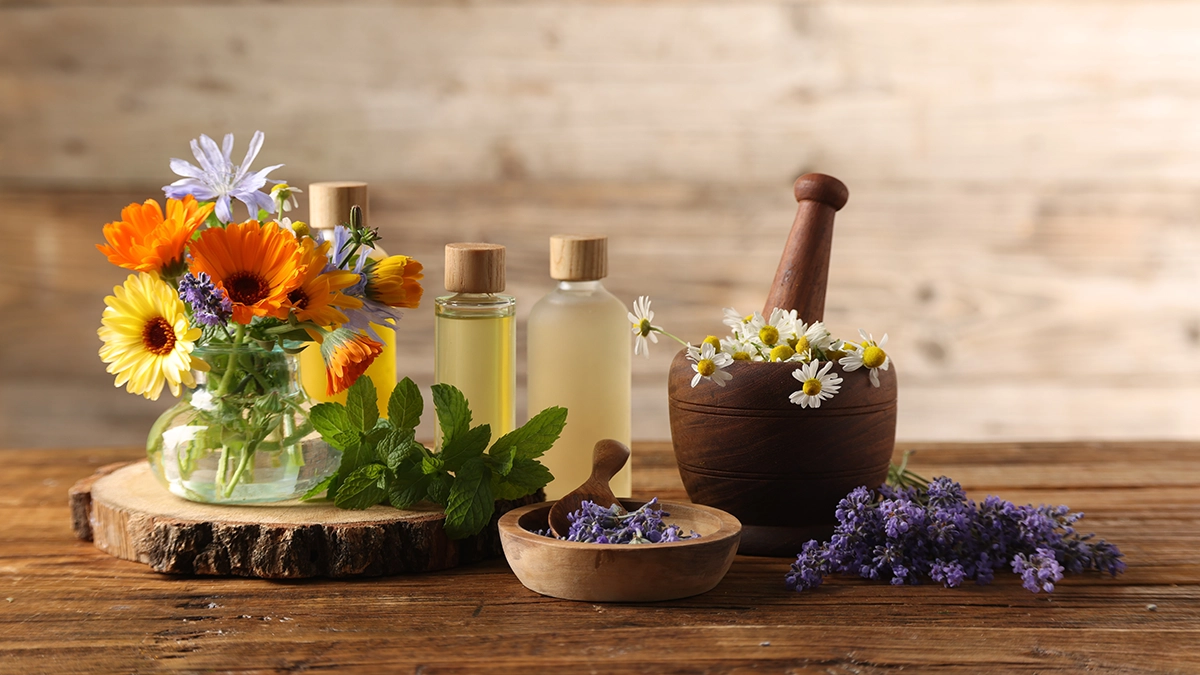
Creating your own anti-itch remedies using essential oils is a simple and effective way to soothe itchy skin.
One popular method is to combine aloe vera gel with essential oils like:
- peppermint
- geranium
- chamomile
- lavender
This mixture can be used to create a soothing spray. This spray can be stored in the refrigerator for an extra cooling effect and should be shaken before use.
For a more intensive treatment, you can blend lavender, chamomile, and tea tree oil with coconut oil and shea butter to make a DIY anti-itch lotion. This lotion provides deep hydration and relief from itching, making it perfect for those with chronic pruritus.
Additionally, a calming bath soak can be created by combining oatmeal, lavender oil, and chamomile oil, offering full-body relief from itching. By using these DIY remedies, you can harness the power of essential oils to provide natural and effective relief from skin irritation.
These proven remedies are easy to make and can be tailored to your specific needs, ensuring you find the best solution for your itchy skin.
Using a Nebulizing Diffuser for Essential Oils
Nebulizing diffusers are an excellent way to enjoy the benefits of essential oils without the need for water or heat. These diffusers work by blowing air through a tube, creating a suction effect that vaporizes the essential oils into a fine mist. This method allows for the use of pure essential oils, providing a more concentrated aroma and therapeutic effect.
Using a nebulizing diffuser can enhance the effects of essential oils, creating a robustly aromatic environment that promotes relaxation and well-being. Many nebulizing diffusers, like those from Organic Aromas, come equipped with Bluetooth technology for convenient control and customization of scent dispersion.
Incorporating a nebulizing diffuser into your daily routine allows you to enjoy the therapeutic benefits of essential oils in a simple and effective manner.
Safety Tips for Using Essential Oils on Skin
When using essential oils on your skin, safety should always be a top priority. Performing a patch test before broader application is crucial to avoid adverse reactions. Simply apply a diluted essential oil to a small area of your skin and observe for 24 hours to ensure there are no negative effects.
It’s also important to consult a dermatologist if you have specific skin concerns before using essential oils. This is especially true for those with sensitive skin or existing skin conditions. Proper dilution is another key factor in preventing skin irritation. Always mix and dilute essential oils with a carrier oil before application, and avoid using undiluted oils on sensitive areas like the face.
Following these safety tips ensures you can enjoy the benefits of essential oils without the risk of skin irritation. Ensure you use high-quality oils and monitor your skin’s response to achieve the best results.

Join Our Exclusive Member Club to get Big Discounts!
Unlock the Healing Power of Essential Oils: A Natural Remedy for Itchy Skin
You should know that ssential oils offer a natural and effective solution for relieving itchy skin. Oils like tea tree, peppermint, lavender, chamomile, geranium, eucalyptus, and frankincense each provide unique benefits, from reducing inflammation to soothing irritation. By incorporating these oils into your skincare routine and using them safely, you can achieve lasting relief from pruritus.
We encourage you to explore these natural remedies and find the best essential oils for your needs. Share your experiences and let others know how essential oils have helped you soothe your itchy skin. Remember, nature has provided us with powerful tools to enhance our well-being—let’s make the most of them!
Frequently Asked Questions
Can essential oils be applied directly to the skin?
It’s best to dilute essential oils with a carrier oil before applying them to your skin to avoid irritation and ensure safety. This way, you can enjoy their benefits while keeping your skin happy!
Which essential oil is best for soothing itchy skin caused by allergic reactions?
Peppermint essential oil is a fantastic choice for soothing itchy skin from allergic reactions, thanks to its cooling and antihistamine properties. It’s a simple, natural way to find relief!
How should I perform a patch test before using essential oils on my skin?
Performing a patch test is easy and essential for safe use of essential oils. Simply dilute a small amount of the oil and apply it to a small area of your skin, then wait 24 hours to check for any reactions.
What are some good carrier oils to use with essential oils?
Fractionated coconut oil, jojoba oil, and sweet almond oil are excellent choices for diluting essential oils, offering not just safe application but also added hydration and skin benefits. Choose one that suits your needs and enjoy the wonderful effects!
Can essential oils be used to treat chronic pruritus?
Absolutely, essential oils like chamomile, lavender, and frankincense can offer wonderful relief for chronic pruritus by calming inflammation and soothing irritated skin. So, you can explore these natural remedies to find comfort and ease!
- Amjadi, M., Mojab, F., & Kamranpour, S., 2012. The Effect of Peppermint Oil on Symptomatic Treatment of Pruritus in Pregnant Women. Iranian Journal of Pharmaceutical Research : IJPR, 11, pp. 1073 – 1077
- Shim, M., Je, N., & Lee, D., 2022. Aromatherapy Massage for Relief of Pruritus and Stress in Older Women.. Alternative therapies in health and medicine.

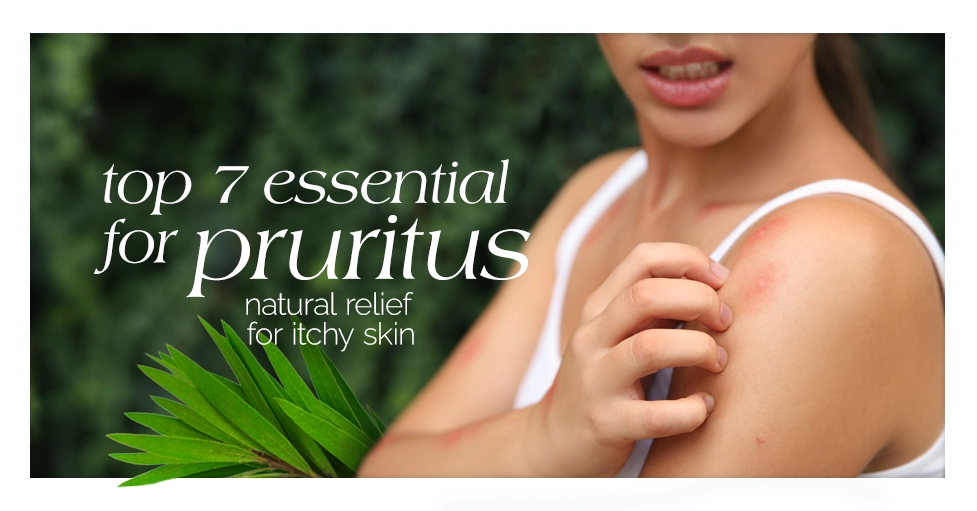

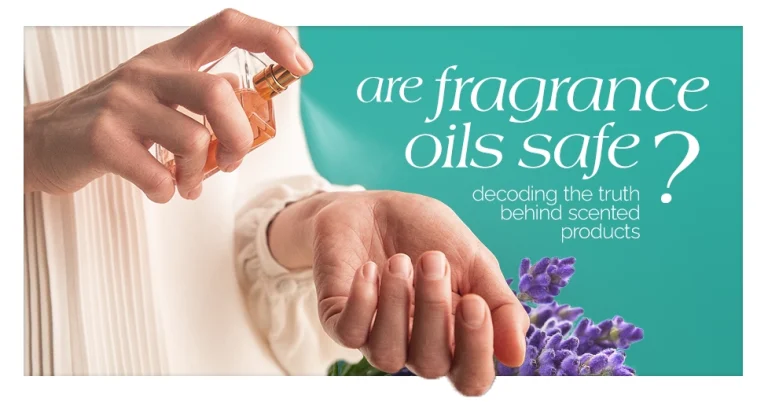
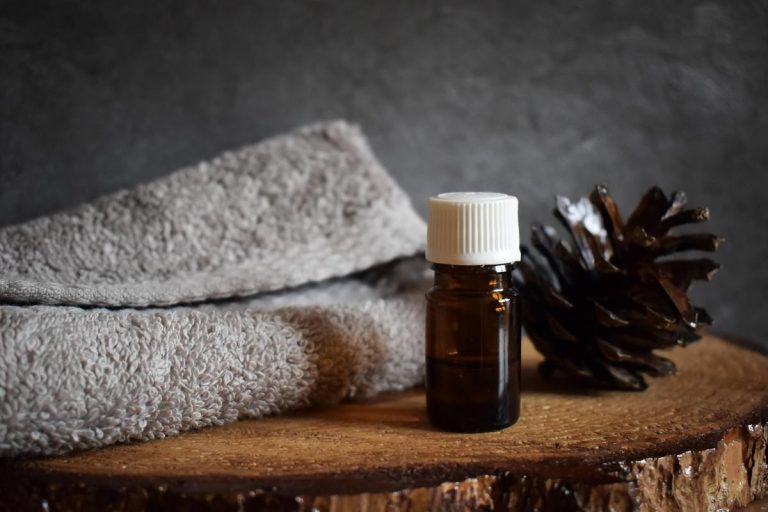

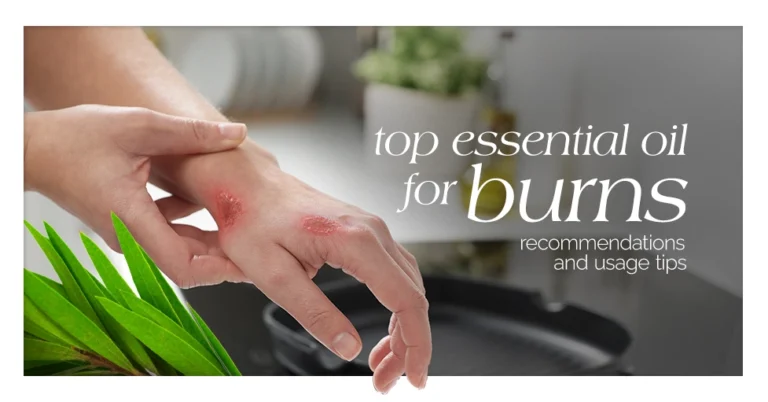

My skin is so dry in the winter and this may help.